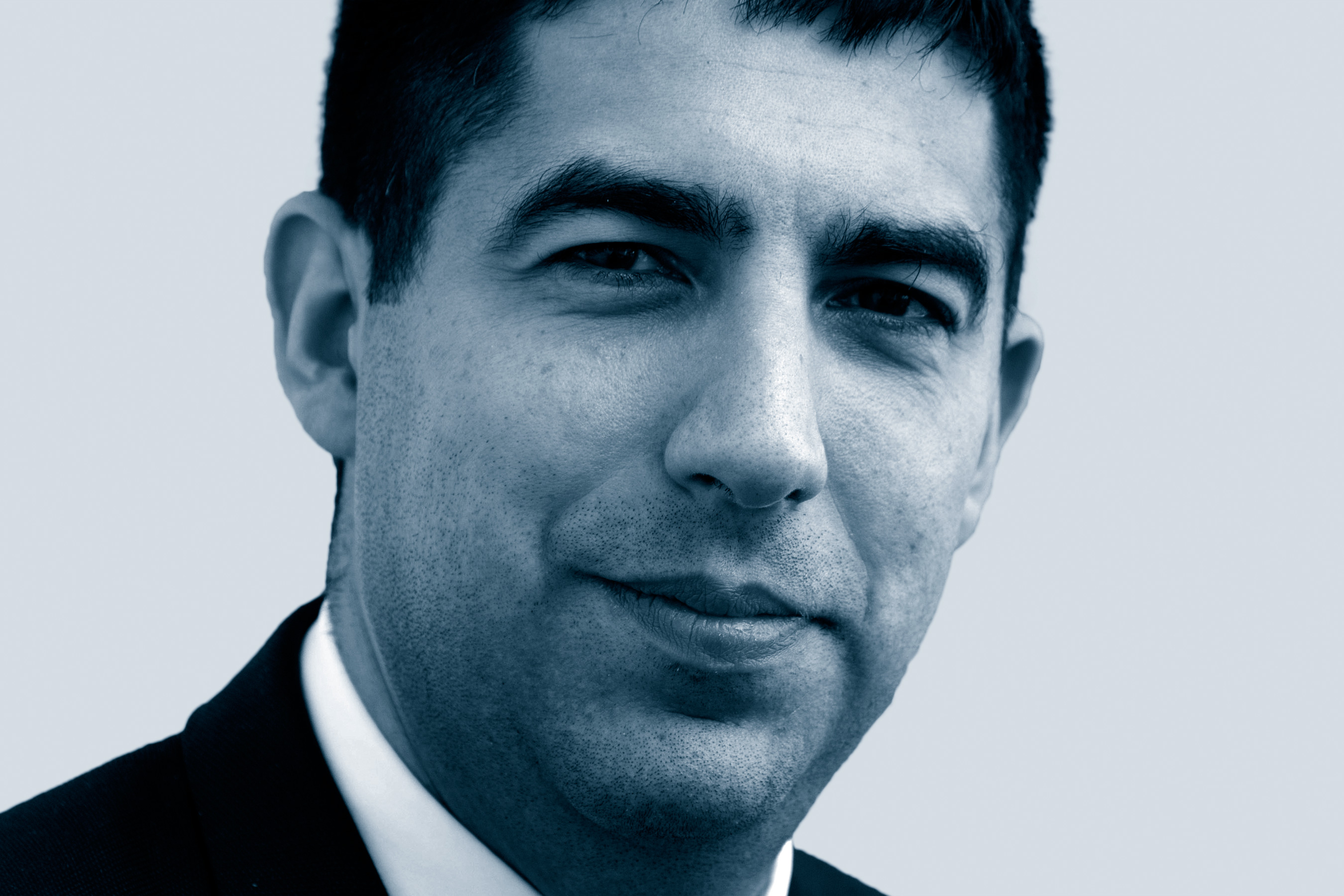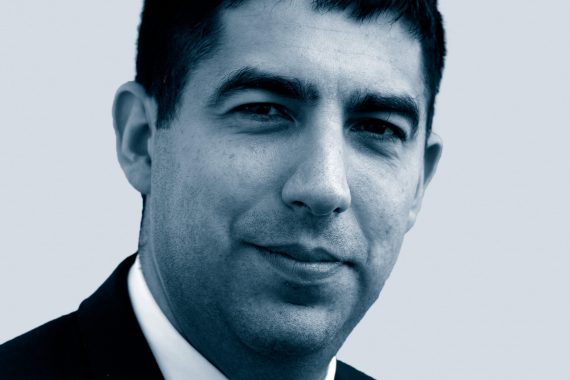
Ask a journalist what was the big story seven days ago and we’ll need to think hard. After all, last week was a whole news cycle ago.
Writing our review of the year was therefore an eye-opening experience, a reminder of the major issues over the past 12 months. Of course, many of the problems are longstanding: primary care missing out on funding, practice closures, dwindling numbers of GPs, revalidation, etc.
What is particularly striking is how the profession seems to be fundamentally changing. And the changes have almost invariably been imposed with little by way of supporting evidence.
Take the gathering pace of digital general practice. This is largely due to a new health secretary who, in England at least, has already decided his legacy will be greater use of technology in the NHS.
Ministers have long chosen when to cite evidence and when to ignore it
We all know by now the problems with Babylon and how it is able to register younger, fitter NHS patients to its GP at Hand service – three-quarters of registrants have been between the ages of 20-34 since the company partnered with a west London practice.
But a point that seems to have been lost this year in the digital rush is that we still have little real evidence about the efficacy and safety of video consultations. All parties seem to be in favour of increasing their use, including the BMA and the RCGP, who are calling for money for practices to implement them. Yet I know of no major piece of work that clearly sets out the benefits (or risks) for patient care.
All the great and the good also seem to agree that the move to large-scale general practice is the right way to go, too. Large tranches of funding for practices are dependent on them working in primary care networks covering 30,000-50,000 patients each. Again, I’ve seen little to suggest these provide better patient outcomes than smaller practices, which find it easier to provide continuity of care (and, importantly, score higher in terms of patient satisfaction).
And how about the Government’s flagship seven-day GP access? Pulse seems to be the only publication that is prepared to do any evaluation of this scheme, yet the Government continues to plough ahead with it despite the paucity of evidence.
Of course, policymakers often disregard evidence in the name of expedience, whether they are pushing technological advances or voter-pleasing policies. Ministers have long chosen when to cite evidence – usually to limit access to expensive treatments – and when to ignore it. We need look no further than the row between Jeremy Hunt and the authors of the BMJ study on weekend mortality rates in 2015 to see this is not a new issue.
But it seems particularly important now, due to the imminent NHS 10-year plan. As our cover feature shows, it is set to encompass technology, large-scale general practice, prevention and extended access. This is the future of general practice.
That’s not to say it will definitely fail. And we don’t expect every initiative to be supported by a Cochrane review. But we do deserve a robust, demonstrable rationale. Without this, I remain to be convinced the 10-year plan will be all GPs’ Christmases come at once.
Jaimie Kaffash is editor of Pulse. Follow him on Twitter @jkaffash or email him at [email protected]
Pulse October survey
Take our July 2025 survey to potentially win £1.000 worth of tokens














